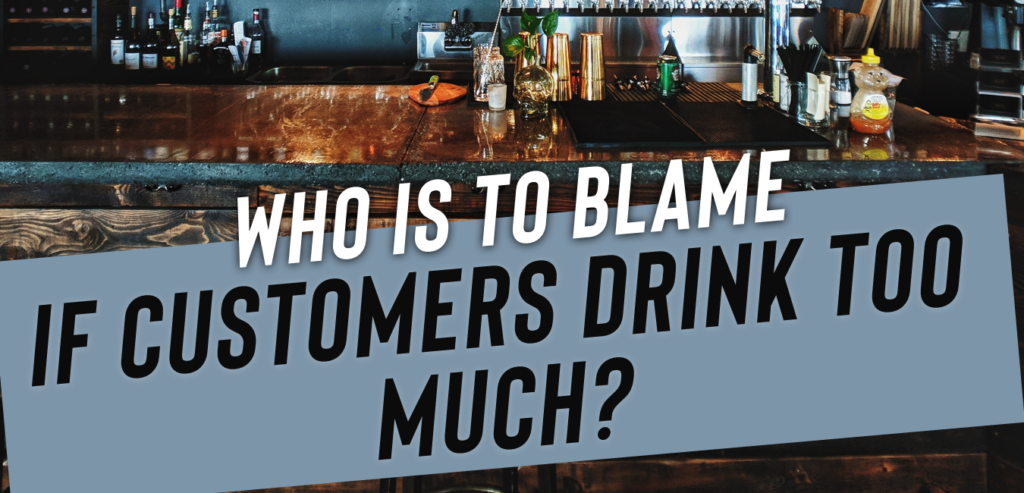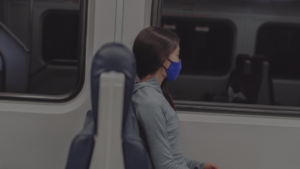Written By Christopher Dolan and Taylor French
Debra M. from Daly City writes:
I have often noticed people serving alcohol to individuals who had too much to drink. Are there certain laws that can hold people accountable for providing alcohol to people who are clearly intoxicated and should probably stop drinking?
Dear Debra: As the COVID-19 era’s restrictions ease and we gradually return to our lives outside of the home, it is important to be mindful of the threat posed by intoxicated drivers on the road. Too often, tragedy strikes, and an innocent person is injured or killed by a driver who was overserved at their local bar, restaurant, or other social gathering. When this happens, the question of whom can be held civilly liable presents itself.
Unfortunately for victims and their families, California law prohibits holding someone civilly liable for having overserved alcohol to an adult, which subsequently led to an injury or death. This is commonly referred to as Dram Shop Immunity, in the case of commercial vendors, such as bars, liquor stores, restaurants, etc.; or Social Host Immunity if involving a private individual. While overserving alcohol to an adult may result in an arrest and misdemeanor conviction, punishable by less than one year in jail, the individual or business cannot be liable for the monetary harms and damages suffered as a result of the adult’s actions.
Why does California law prohibit civil liability under these circumstances? Because, according to the Legislature and established case law, “the consumption of alcoholic beverages rather than the serving of alcoholic beverages is the proximate cause of injuries inflicted on others by an intoxicated person.” In other words, the drinker not the pourer is the responsible party.
However, Dram Shop Immunity and Social Host Immunity do not necessarily apply in the case of serving alcohol to a minor. If a business overserves a minor who was “obviously intoxicated,” which led to an injury or death, it can face civil liability for damages suffered as a result. Pursuant to Business and Professions Code section 25602.1,
“a cause of action may be brought by or on behalf of any person who has suffered injury or death against any person licensed, or required to be licensed, … who sells, furnishes, gives or causes to be sold, furnished or given away any alcoholic beverage … to any obviously intoxicated minor where the furnishing, sale or giving of that beverage to the minor is the proximate cause of the personal injury or death sustained by that person.”
For the purposes of section 25602.1, the term “minor” refers to an individual under the age of 21.
A supplier of alcohol must use reasonable care to ensure the patron receiving the alcoholic beverage is not an obviously intoxicated minor. It is not enough for the supplier to simply know that the minor had been drinking. The minor must actually appear drunk. The courts consider many factors to determine whether the minor was “obviously intoxicated” when served the alcohol. These include whether the minor had alcohol on his or her breath, incoherent or slurred speech, poor muscular coordination, a staggering or unsteady walk or loss of balance, a flushed face, bloodshot or glassy eyes, an unkempt appearance, or loud, boisterous, or argumentative conduct. The determination is made by “a reasonable person having normal powers of observation.”
In the case of a “social host,” Civil Code section 1714 provides for civil claims
“against a parent, guardian, or another adult who knowingly furnishes alcoholic beverages at his or her residence to a person whom he or she knows, or should have known, to be under 21 years of age, in which case, … the furnishing of the alcoholic beverage may be found to be the proximate cause of resulting injuries or death.”
In other words, the minor need not be obviously intoxicated for the social host to face liability. The social host only needs to have known, or should have known, that the minor was indeed under 21.
California law provides for this exception involving minors for number of reasons:
- Minors generally have less experience as it relates to both drinking and driving compared to adults and therefore require further safeguards
- It is foreseeable that serving alcohol to an intoxicated minor will result in his or her increased or continued inebriation, which may result in damages, whereas it is not necessarily foreseeable in the case of an adult.
Regardless of potential liability, it is important that we stay vigilant, as drunk drivers will inevitably be out on the road. Equally important, however, is that we are proactive in preventing ourselves and others from driving after having too much to drink. Always arrange for a designated driver, taxi, or rideshare service for yourself and your friends. Remember, nothing is worth getting behind the wheel after drinking too much.
***
Disclaimer: The COVID-19 (Coronavirus) outbreak is an ongoing, rapidly developing situation and the local, state, and federal responses are changing regularly. The Dolan Law Firm takes efforts to keep the information on this page updated, however, to guarantee up to date information it is necessary to confirm with publicly-available federal, state and local health organization guidance and government mandates.










